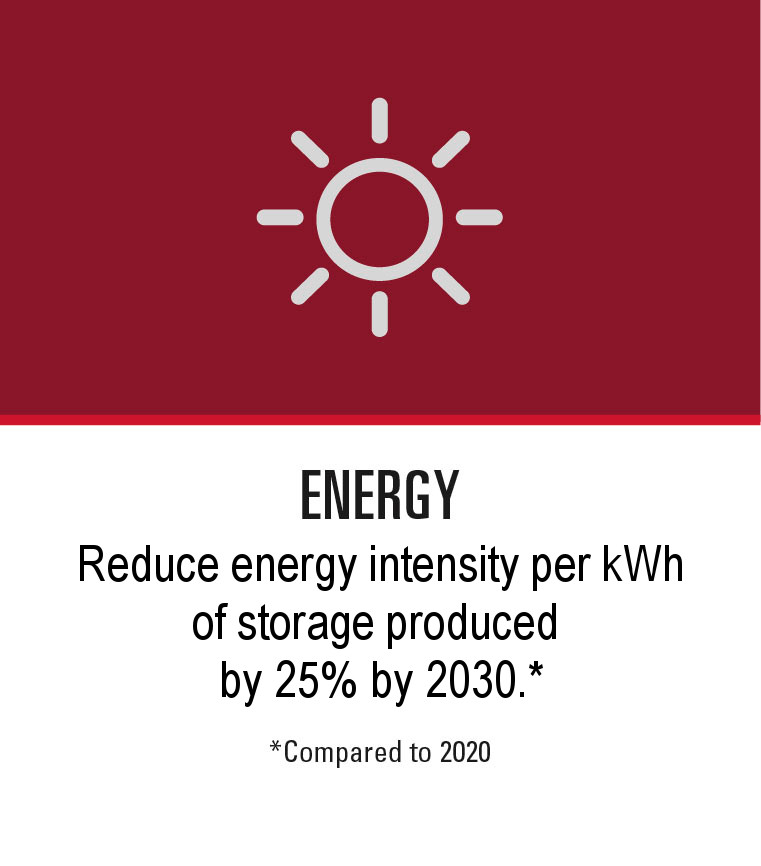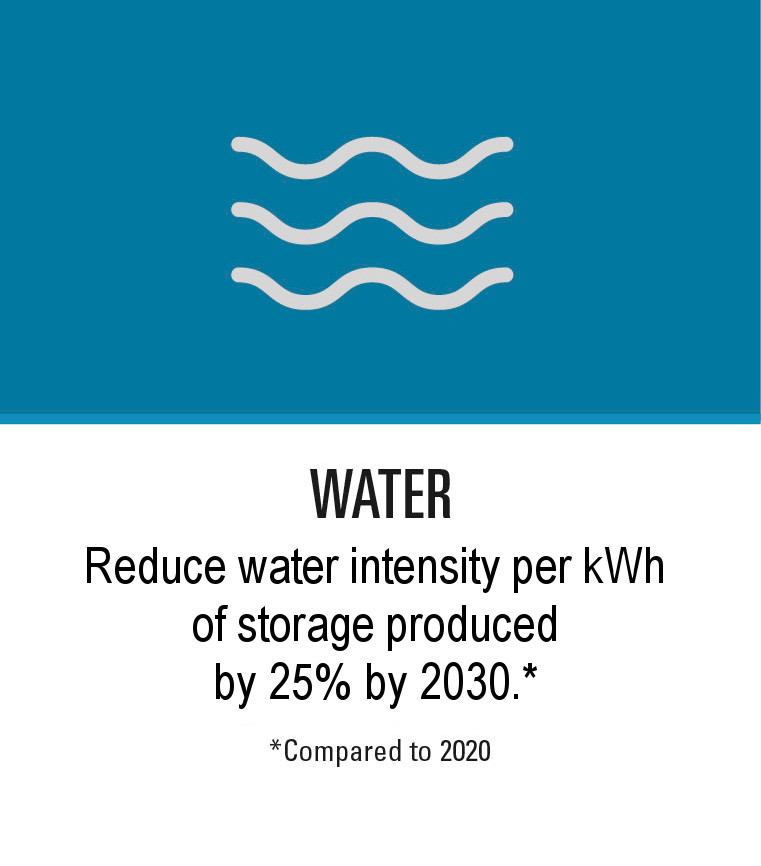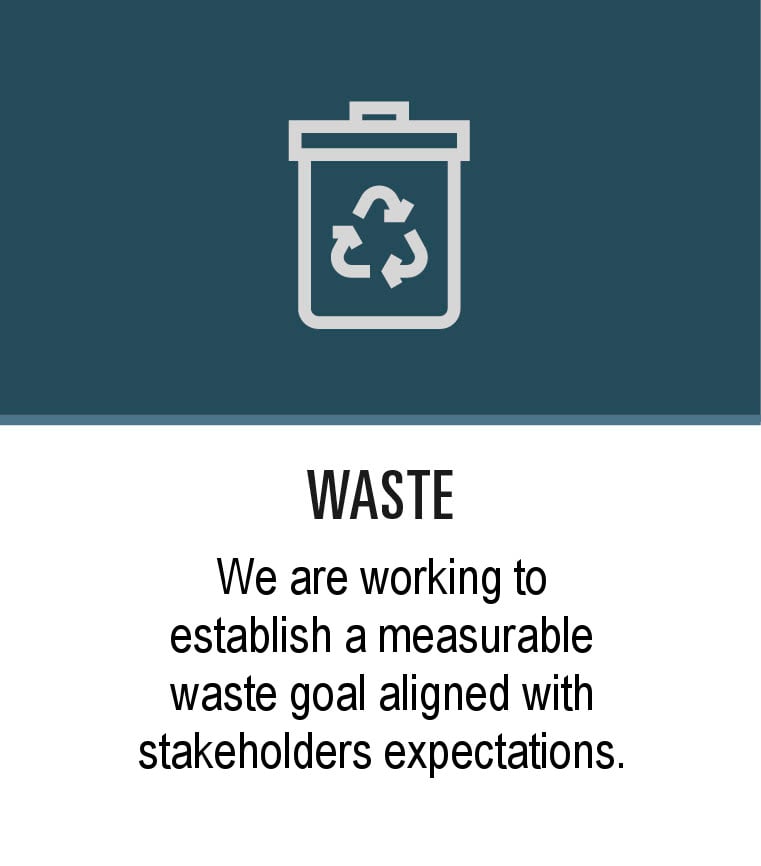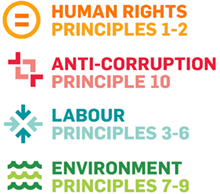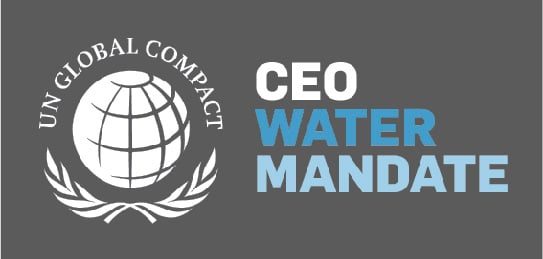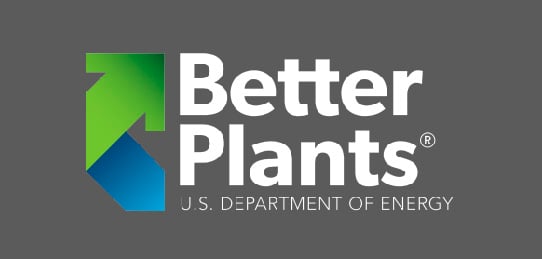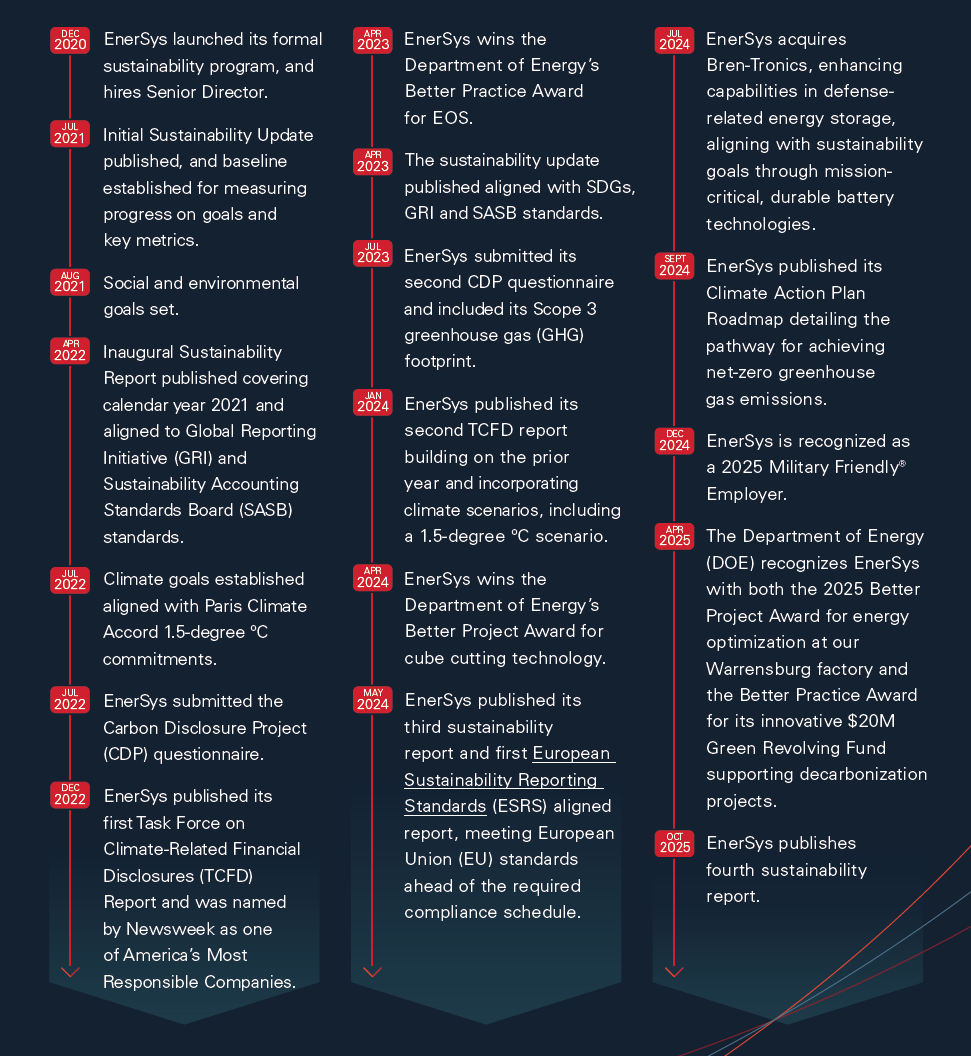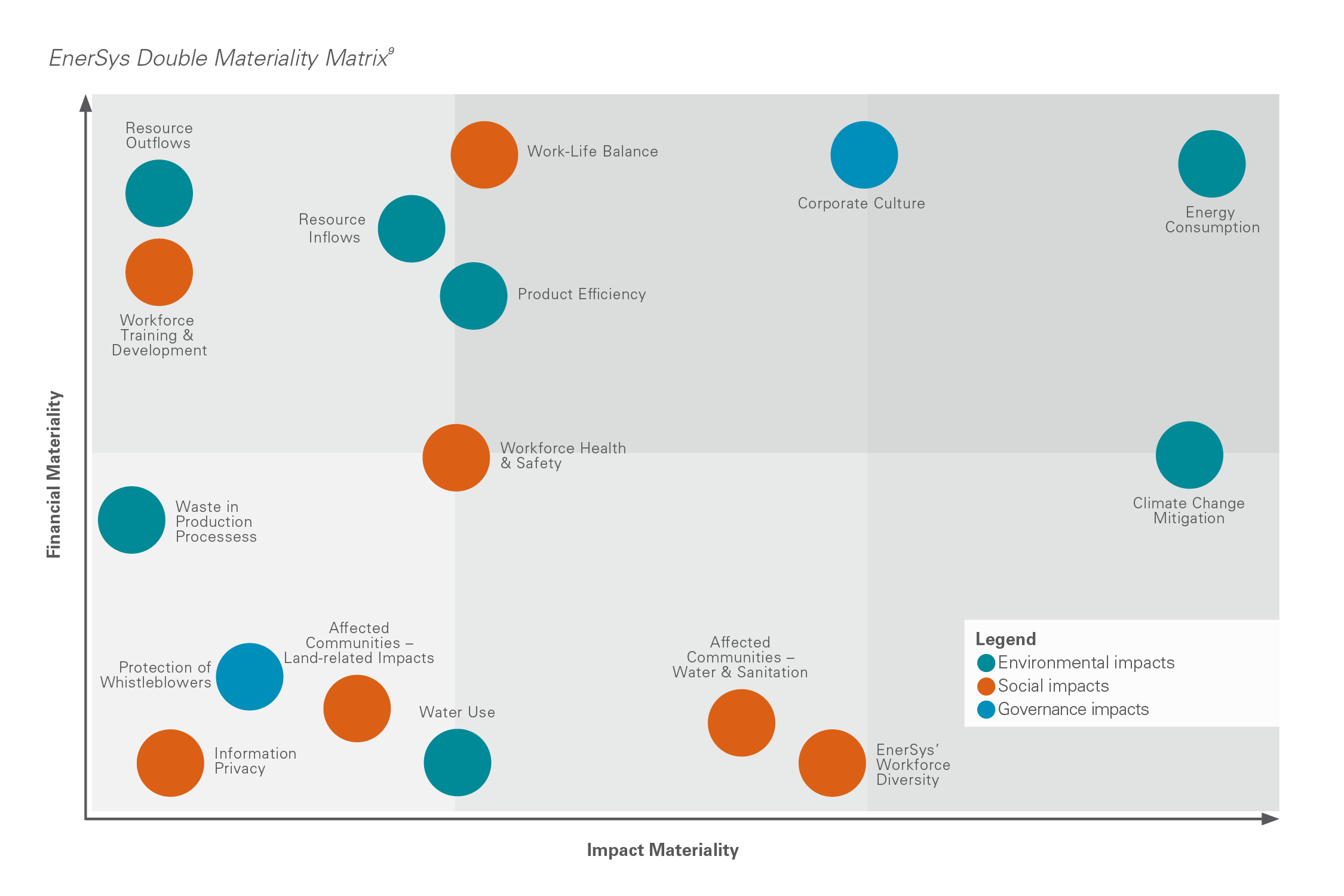WHY ENERSYS?
WHY ENERSYS?WHO WE ARE
WHO WE ARECOMPANY BACKGROUND
COMPANY BACKGROUNDLEADERSHIP
LEADERSHIPINVESTORS
INVESTORSCAREERS
CAREERSSUSTAINABILITY
SUSTAINABILITYNEWS
NEWSMANUFACTURING LOCATIONS
MANUFACTURING LOCATIONSSUPPLIERS
SUPPLIERSQUALITY
QUALITYINDUSTRIES
COMMUNICATIONS NETWORKS
View all COMMUNICATIONS NETWORKSTHE POWER OF 5G
View all THE POWER OF 5GLOGISTICS & WAREHOUSING
View all LOGISTICS & WAREHOUSINGTRANSPORTATION
View all TRANSPORTATIONCABLE BROADBAND
View all CABLE BROADBANDDATA CENTER
View all DATA CENTERINDUSTRIAL POWER & UTILITIES
View all INDUSTRIAL POWER & UTILITIESAEROSPACE & DEFENSE
View all AEROSPACE & DEFENSESAFETY & SECURITY
View all SAFETY & SECURITYMEDICAL
View all MEDICALBATTERIES
VIEW MORE BATTERIESCHARGERS
VIEW MORE CHARGERSMONITORING & FLEET MANAGEMENT
VIEW MORE MONITORING & FLEET MANAGEMENTENERGY SYSTEMS
VIEW MORE ENERGY SYSTEMSCABLE BROADBAND SOLUTIONS
VIEW MORE CABLE BROADBAND SOLUTIONSSERVICES
VIEW MORE SERVICESDC POWER SOLUTIONS
VIEW MORE DC POWER SOLUTIONSDC POWER DISTRIBUTION
VIEW MORE DC POWER DISTRIBUTIONAC POWER SOLUTIONS
VIEW MORE AC POWER SOLUTIONSAC POWER DISTRIBUTION
VIEW MORE AC POWER DISTRIBUTIONCONTROLLERS & COMMUNICATIONS
VIEW MORE CONTROLLERS & COMMUNICATIONSREMOTE LINE POWER SOLUTIONS
VIEW MORE REMOTE LINE POWER SOLUTIONSENCLOSURES & RACKS
VIEW MORE ENCLOSURES & RACKSJOIN OUR TALENT NETWORK
JOIN OUR TALENT NETWORKENERSYS INTERNSHIP PROGRAM
ENERSYS INTERNSHIP PROGRAMWHO WE ARE
WHO WE AREWHY JOIN?
WHY JOIN?ABOUT US
ABOUT USSEARCH JOBS
SEARCH JOBSCAREERS FOR VETERANS
CAREERS FOR VETERANSSUSTAINABILITY REPORT
SUSTAINABILITY REPORTENVIRONMENTAL, HEALTH & SAFETY MANAGEMENT
ENVIRONMENTAL, HEALTH & SAFETY MANAGEMENTHUMAN RIGHTS
HUMAN RIGHTSETHICS & COMPLIANCE
ETHICS & COMPLIANCESUSTAINABLE PROCUREMENT
SUSTAINABLE PROCUREMENTINDUSTRY ASSOCIATIONS
INDUSTRY ASSOCIATIONSCOMMUNITY ENGAGEMENT
COMMUNITY ENGAGEMENTSTORIES WORTH SHARING
STORIES WORTH SHARINGPOLICIES & REPORTS
POLICIES & REPORTSPEOPLE POWERING SUSTAINABILITY
PEOPLE POWERING SUSTAINABILITYINDUSTRY INSIGHT
INDUSTRY INSIGHTTRADE SHOWS & EVENTS
TRADE SHOWS & EVENTSENERSYS PULSE - BLOG
ENERSYS PULSE - BLOGLOGISTICS DEPARTMENT
LOGISTICS DEPARTMENTENERSYS FINANCIAL SOLUTIONS
ENERSYS FINANCIAL SOLUTIONSDOCUMENTS
DOCUMENTSSAFETY DATA SHEETS (SDS/MSDS)
SAFETY DATA SHEETS (SDS/MSDS)TOOLS
TOOLS